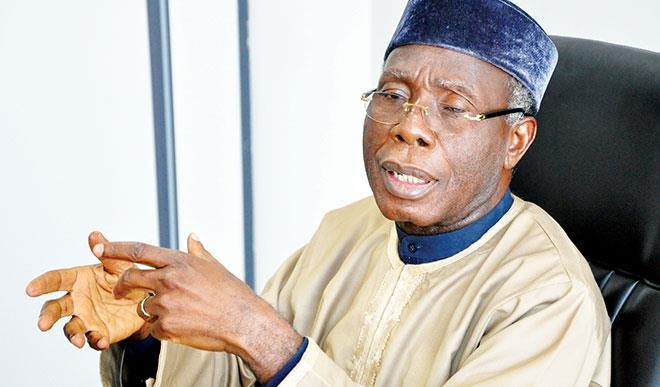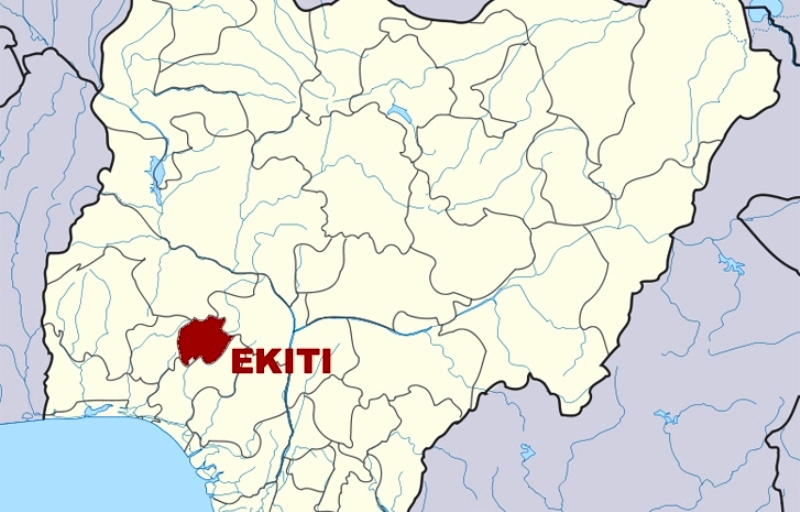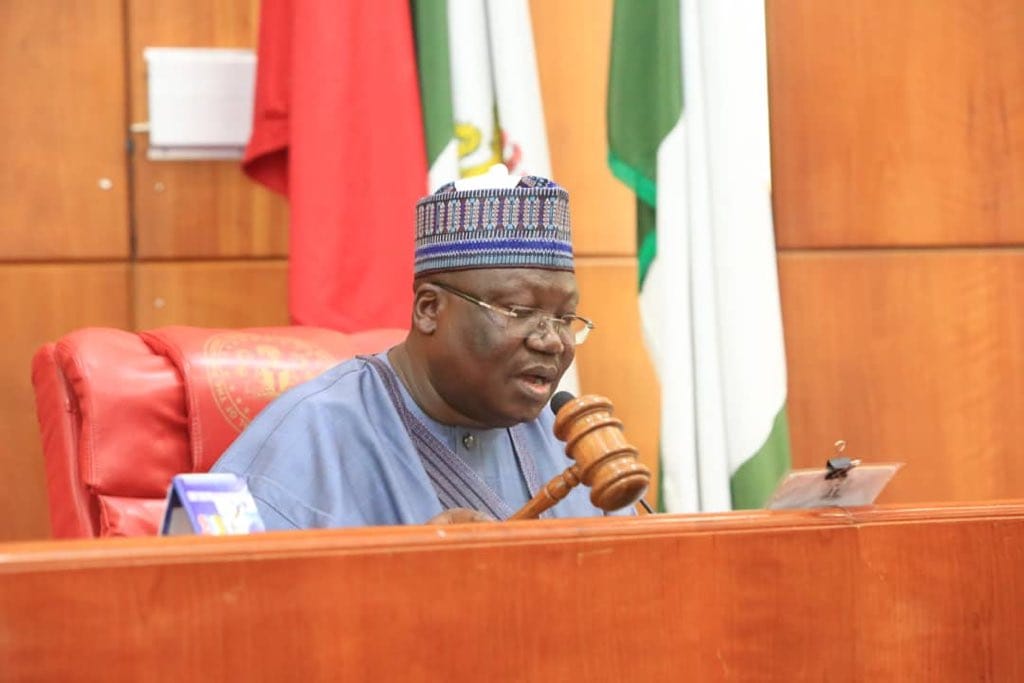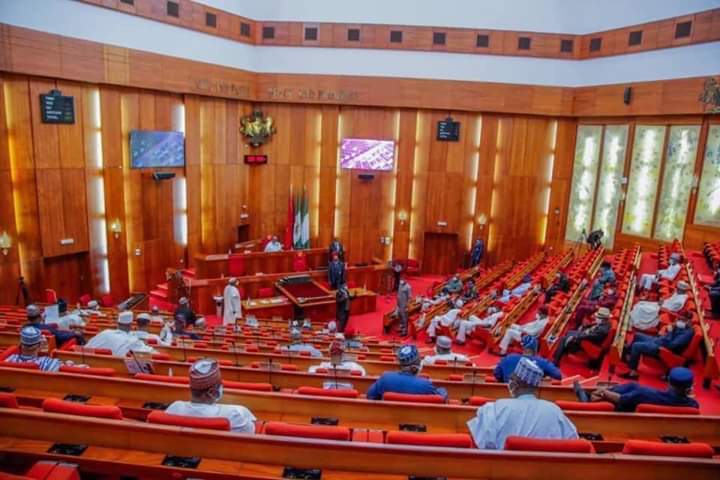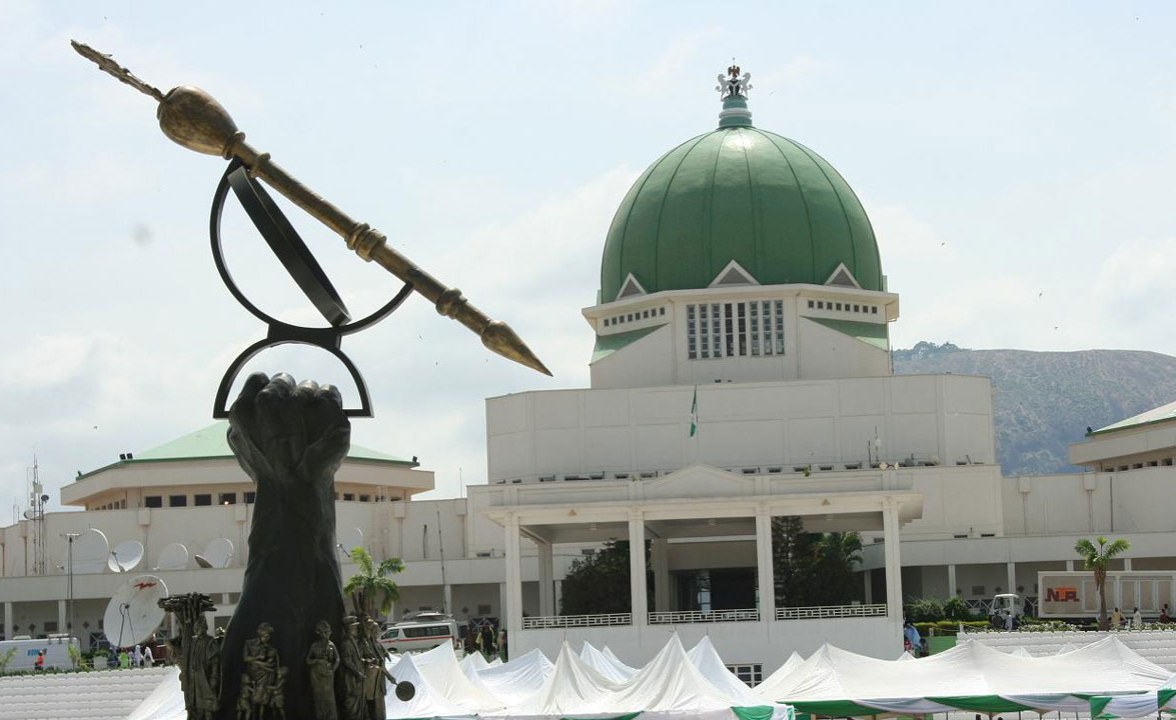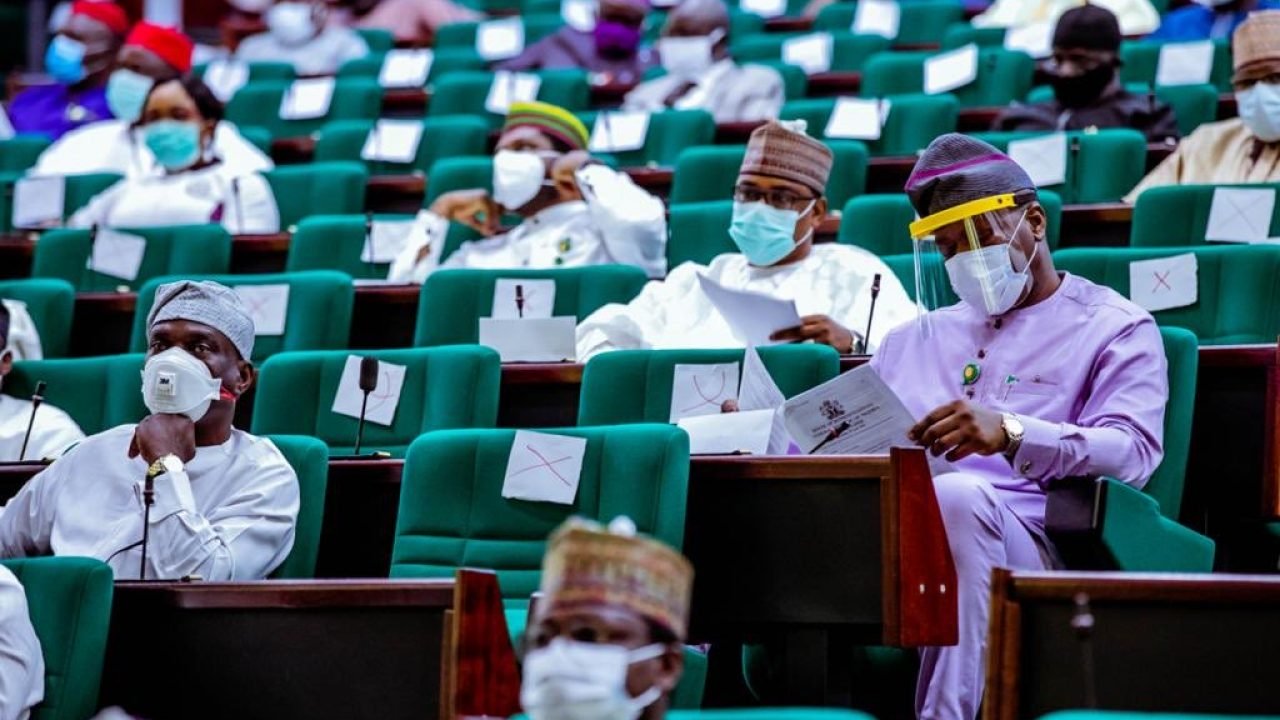The Senate on Wednesday stepped down the consideration of a bill seeking to establish the Armed Forces Services Commission.
The commission was to ensure that the composition/appointment of Service Chiefs of the Armed Forces of the Federation reflected Federal Character of Nigeria in the manner prescribed in section 217 (3) of the 1999 Constitution.
The upper chamber’s resolution was sequel to the presentation of the lead debate on the general principles of the bill by its sponsor, Sen. Eyinnaya Abaribe (PDP-Abia), during plenary.
The bill was titled, “A Bill for an Act to give effect to Section 219 of the 1999 Constitution to provide for the establishment of the Armed Forces Service Commission and for other related matters, 2021.’’
Realising that there was opposition to itl, Abaribe, who is Senate Minority Leader, raised Order 73 of the Senate Standing Rule.
This was, however, rejected, prompting an executive session that lasted for about 15 minutes.
Order 73 allows for head count instead of Voice Vote.
Earlier, Abaribe said the bill was read for the first time on March 3, 2020.
He said that it sought to get the National Assembly to give effect to the clear provisions of section 219 of the 1999 Constitution.
“The Armed Forces of Nigeria is a National institution of Nigeria that should be insulated by the vagaries of political divisions.
“Therefore, the framers of the Constitution in their wisdom inserted this section to prevent a situation where our national symbol of unity and strength could be sacrificed on the altar of political temperament.
“The commission shall observe the Federal Character principle and adopt an equitable template to spread the Offices of the Service Chiefs, other Corps and ranks of the Armed Forces of the Federation among the six geopolitical zones of the country.’’
Contributing, Senate Leader Yahaya Abdullahi affirmed his support for the bill.
“I stand before this distinguished chamber to affirm that this bill stands on very solid constitutional grounds from Sections 217, 213 and 219.
“They imposed it as a duty of this hollowed chamber to provide for the establishment of an institution to manage the armed forces.
“What the section has done is to share the management of the armed forces between the Executive and the Legislature.
“It gives the legislature the powers to manage the affairs of the Nigerian Armed Forces.”
Abdullahi said that running away from this was running away from “our constitutional responsibility’’.
Deputy Senate President, Ovie Omo-Agege
said, “On the surface, it is difficult to querry the content of the bill.
“But Mr President, the ‘devil is in the details’. So, I will not be opposed to this bill being read for the second time so that we have the opportunity during the public hearing and when it comes before us here to look at the provisions.
“Under Section 219 which is the anchor for this bill, what they are seeking to do is enact a law though provided for under 219 but also it would be an inferior legislation to the constitutional provisions.
“The power to appoint the Chief of Defence Staff, Chief of Army Staff, Chief of Naval Staff, Chief of the Air Staff and other security agencies that may be presented to us is already determined by the Constitution.
“That power to make that appointment is already conferred on Mr President and that is a constitutional provision. That power is sacrosanct.
“We should not end up making a law which is an Act of National Assembly that will derogate from the clear constitutional power already conferred on Mr President,’’ he said.
Sen. Francis Alimikhena (APC-Edo) said the bill, if passed would create disunity.
“In as much as this bill is put on paper, it is going to create disunity in the operation of the armed forces.
“As it is presently composed the commission cannot take the function of the Chief of Army Staff or the functions of all the service chiefs.
“If you allow this Bill to materialise, the armed forces will be politicised and the professionalism will be killed,’’ he said.
President of the Senate Ahmad Lawan, after the Executive Session, said that the upper chamber reviewed the issues generated.
“We have reviewed various things; the national interest and of course the need for this Senate to continue working in a very bipartisan manner regardless of our ethnic or regional dispositions.
“We have appealed to the minority leader to withdraw the Standing Order 73.
“Any distinguished senator would have the opportunity to look into that bill again in the future.
“This is to ensure more consultations among distinguished senators so that variety of ideas into the Constitution or the bill will be such that when it comes it should have jet speed passage,’’ Ahmad said.
